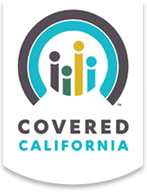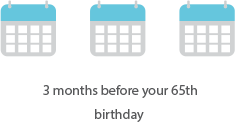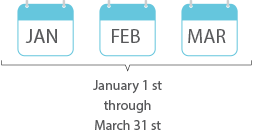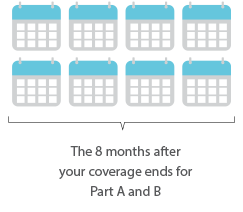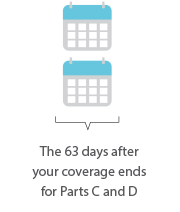When to Apply?
When first eligible:
- When you're first eligible for Medicare, you have a 7-month Initial
Enrollment Period to sign up for Part A and/or Part B.
- In most cases, if you don't sign up for Medicare Part B when you're
first eligible, you'll have to pay a late enrollment penalty. You'll
have to pay this penalty for as long as you have Part B and could have
a gap in your health coverage.
When to Enroll: Your 7- Month Initial Enrollment Period (IEP)
Between January 1 - March 31 each year
You can sign up for Part A and/or B during the General Enrollment Period Between
Jan 1 - March 31 each year if both of these apply:
- You didn't sign up when you were first eligible.
- You aren't eligible for a Special Enrollment Period (see below).
- You must pay premiums for Part A and/or Part B. Your coverage will start
July 1. You may have to pay a higher premium for late enrollment in
Part A and/or a higher premium for late enrollment in Part B.
When is the General Enrollment Period?
Special Circumstances:
Once your Initial Enrollment Period ends, you may have the chance to sign up for
Medicare during a Special Enrollment Period (SEP). If you're covered under a
group health plan based on current employment, you have a SEP to sign up for
Part A and/or Part B anytime as long as:
- You or your spouse (or family member if you're disabled) is working.
- You're covered by a group health plan through the employer or union
based on that work.
- You also have an 8-month SEP to sign up for Part A and/or Part B that
starts at one of these times (whichever happens first):
- The month after the employment ends
- The month after group health plan insurance based on current employment
ends
- Usually, you don't pay a late enrollment penalty if you sign up during
a SEP.
When Is My Special Enrollment Period?

